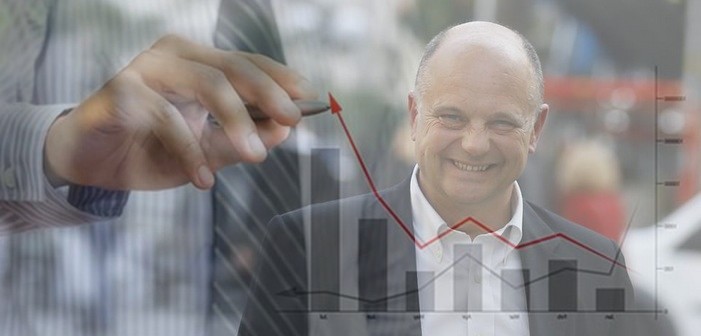Is an internet survey reliable? The choice favored by most polling institutes for gathering information on political surveys is the internet. Why, you ask?
Simply for economic reasons. Creating an internet survey costs almost nothing and is extremely quick to implement. Moreover, it is charged to the media while there is competition among institutes to see who can be the most visible—funny, isn’t it?
However, conducting interviews online presents two major biases: you exclude those who do not have internet access, which is an obvious point, especially the elderly who are nonetheless the most motivated to vote. Furthermore, France ranks 14th in Europe in terms of internet service use (study ec.europa.eu 2015).
BVA’s strengths and weaknesses compared to the IPSOS survey published on November 22
While Ipsos, in a somewhat contrived manner, presented us with a very questionable turnout rate, BVA doesn’t even bother with that. We know even less about what basis the voting intentions were calculated among the 808 respondents.
The confidence interval is simply impossible to calculate, so we’ll have to make assumptions even more hypothetical than those made in our analysis of the Ipsos survey. Is it 5%, 10%, or 20% of the surveyed electorate that said they were certain to vote?
In any case, the confidence interval has nothing to do with the one announced based on 800 respondents for questions relating to voting intentions, which is only a fraction of the respondents.
So, who is most likely to win this election?
It is highly likely that the largest party in France will remain the abstentionists since a regional election mobilizes few voters.
The decrease in abstention in 2004 was partly explained at the time by a surge in mobilization after what was presented then as a trauma following the FN’s presence in the second round of the 2002 presidential election.
It will be interesting to see if this time the specter of the FN in the Nord Pas de Calais region or in the PACA region will have the same impact on voter mobilization.
Indeed, either voters will mobilize more to block the FN, particularly in these two regions, or the FN’s makeover by Marine Le Pen will allow her party to confirm its standing as a serious alternative to traditional parties, in which case the abstention rate will once again be high.
So what can we really say about the results of this survey?
Once again, without clear figures it’s impossible to conduct a serious analysis.
The only certain element is that FN’s electorate is more certain about their choice. Does this mean the FN has reached its limit with its electorate and that the other parties can benefit from a reserve of votes, and that the agitation of the “threat” of FN might have a virtue—mobilizing more voters and therefore a bit more democracy? We will know on December 6.
What does the statistical analysis show if we assume that 5%, 10%, or 20% of those surveyed are certain to vote among the 808 respondents?
First round:
EELV/FG: 8% (Ipsos) – 8% (BVA)
PS/PRG/MRC: 16% (Ipsos) – 16% (BVA)
LR/UDI/MoDem: 30% (Ipsos) – 28% (BVA)
FN: 40% (Ipsos) – 42% (BVA)
No significant gap exists between the lists led by Estrosi and Maréchal Le Pen. To confirm this, 25% of the sampled 808 respondents would need to be certain of voting and express a voting intention (20% refused to answer)…which is unlikely.
It’s from this same ratio (25%) that we could be certain of a three-way race including the PS in the second round. Unfortunately, the BVA report does not allow this to be determined.
So, a duel or a three-way race in the second round?
Not taking into account alliances which are not yet established for the second round, hypothetical vote transfers, the reading of the BVA survey only allows us to make vague speculations:
In case of a three-way race
PS/PRG/MRC: 25% (Ipsos) – 25% (BVA)
LR/UDI/MoDem: 34% (Ipsos) – 32% (BVA)
FN: 41% (Ipsos) – 43% (BVA)
To say with relative “assurance” that the FN might be on the verge of winning the region, 100% of the 808 respondents would need to be certain of their choices at present. Ridiculous.
Moreover, the results of the first round will certainly strongly influence the vote transfers, especially if Marion Maréchal Le Pen leads. The vote transfer results presented by the BVA institute are currently completely out of context.
Fortunately, the scenario tested by BVA of a Republican/FN duel predicts a 50%-50%. This is wiser, as no one will draw conclusions too quickly.
by Frédéric Ganneval (ArteNice)


